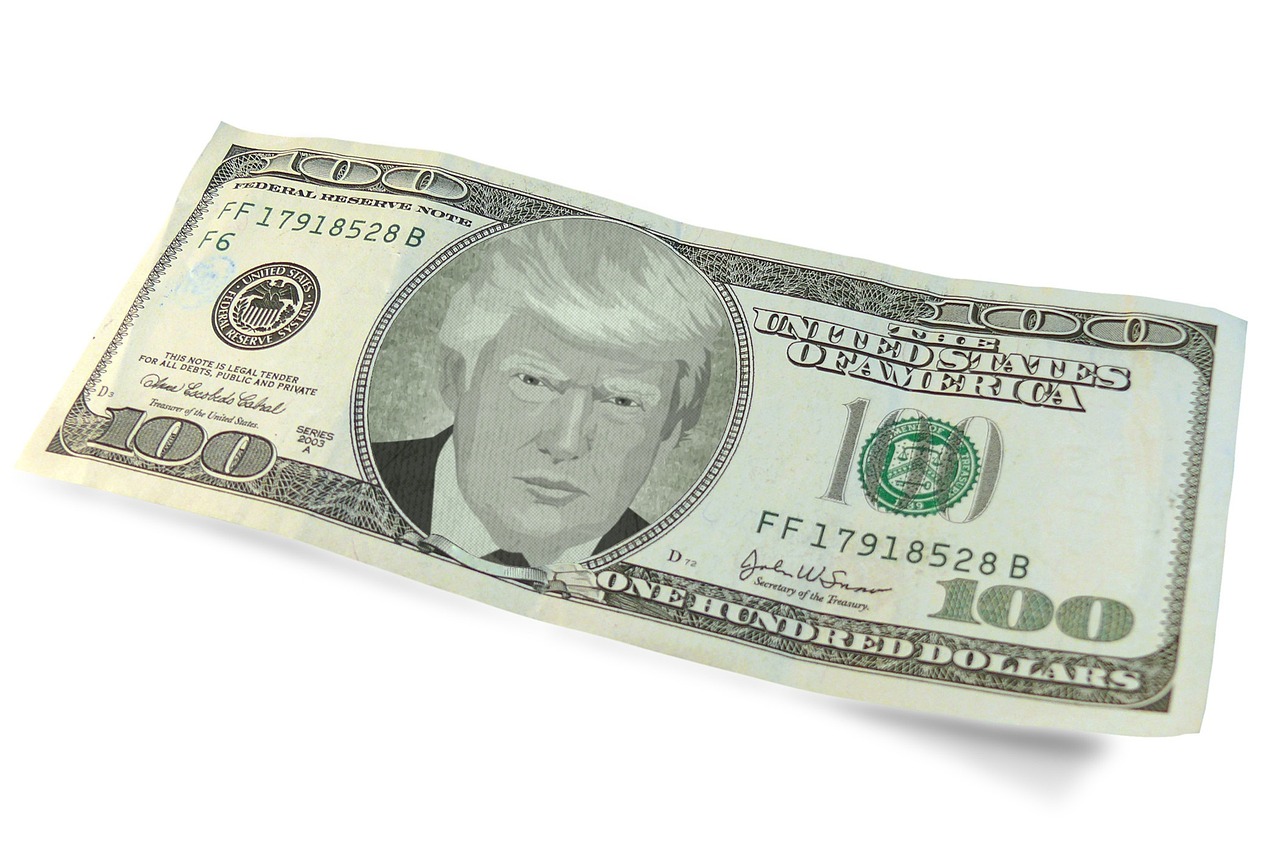
Washington: Dropping another ‘bomb’ that would have major implications on the world’s economy, the United States President-elect Donald Trump promised massive hikes in tariffs on goods coming from Mexico, Canada and China. This would come into effect from the first day of his administration, Trump announced on November 25, 2024. However, the move could sharply increase costs for American businesses and consumers.
The new policy will be in retaliation for illegal immigration and “crime and drugs” coming across the border, Trump said and added: “On January 20th, as one of my many first Executive Orders, I will sign all necessary documents to charge Mexico and Canada a 25% Tariff on ALL products coming into the United States and its ridiculous Open Borders. This Tariff will remain in effect until such time as Drugs, in particular Fentanyl and all Illegal Aliens stop this Invasion of our Country!”, Trump wrote on his handle Truth Social.
China will face higher tariffs on its goods – by 10% above any existing tariffs – until it prevents the flow of illegal drugs into the United States.
“I have had many talks with China about the massive amounts of drugs, in particular Fentanyl, being sent into the United States – But to no avail,” Trump posted on Truth Social.
Trump’s remarks on China have come just after the US Chamber of Commerce said the Joe Biden administration was set to unveil new export restrictions on China as soon as next week. This drew an immediate response from China which yesterday accused the US of abusing export control measures and making ” malicious attempts” to block and suppress China. “Such moves seriously violate the laws of market economy and the principles of fair competition, disrupt international economic and trade order and the stability of global industrial and supply chains, and will eventually harm the interest of all countries. China will take resolute measures to firmly defend the legitimate and lawful rights and interests of Chinese companies,” the Chinese foreign ministry stated in Beijing.
Responding to Trump’s announcement, Chinese Embassy spokesperson Liu Pengyu said in Washington that his country has been in communication with the US about counternarcotics operations and that “the idea of China knowingly allowing fentanyl precursors to flow into the United States runs completely counter to facts and reality.”
Canadian officials responded to the announcement in a statement posted to X last night (local time), saying that their country “places the highest priority on border security and the integrity of our shared border” and is “essential to US domestic energy supply.”
“We will of course continue to discuss these issues with the incoming administration,” Canada’s Deputy Prime Minister Chrystia Freeland and Public Safety Minister Dominic LeBlanc said in the statement.
The punishing tariffs, if enacted, could wreak havoc on America’s supply chains and industries reliant on goods from the country’s closest trading partners.
“The measures proposed could hit a number of strategic US industrial sectors hard, add approximately $272 billion a year to tax burdens, raise goods prices, lift interest rates, and sap strength in an already-vulnerable household sector,” Karl Schamotta, chief market strategist at Corpay Cross-Border Solutions, was quoted in the media.
After the announcement, America’s financial markets took a hit followed by Canada and Mexico. The extraordinary tariffs would raise costs dramatically for Americans for everyday goods that had previously come over the border without any import taxes. That stunning shift could hit economic growth, especially if inflation-weary consumers spend less in the face of higher costs.
The US top import from Canada is oil, which reached a record 4.3 million barrels per day in July, according to the US Energy Information Administration. America also imports cars, machinery and other various commodities, plastics and wood from Canada, according to the United Nations’ Comtrade.
America gets the majority of its cars and car parts from Mexico, which surpassed China as the top exporter to the US in 2023, according to trade data released by the Commerce Department earlier this year. Mexico is also a major supplier of electronics, machinery, oil and optical apparatus, and a significant amount of furniture and alcohol comes from the country into the United States.
The United States imports a significant amount of electronics from China, in addition to machinery, toys, games, sports equipment, furniture and plastics.
During Trump’s first term, implemented tariffs on about $380 billion worth of goods that applied to thousands of Chinese-made products, including baseball hats, luggage, bicycles, TVs and sneakers. The Trump tariffs also hit foreign steel, aluminium, washing machines and solar panels.
Trump has promised significantly larger tariffs during his second term. Although he continues to discuss many different numbers, he has proposed a tariff upward of 60% on all Chinese goods, as well as an across-the-board tariff of either 10% or 20% on all other imports into the US.
The problem with tariffs is that they can result in a trade war. This is what happened during Trump’s first term. That blunted the tariffs’ effect on domestic manufacturing because manufacturers’ goods became less attractive to overseas buyers.
*Shankar Raj is a former editor of The New Indian Express, Karnataka and Kerala, and writes regularly on current affairs.
(With inputs from media outlets)
Image by Mediamodifier from Pixabay




